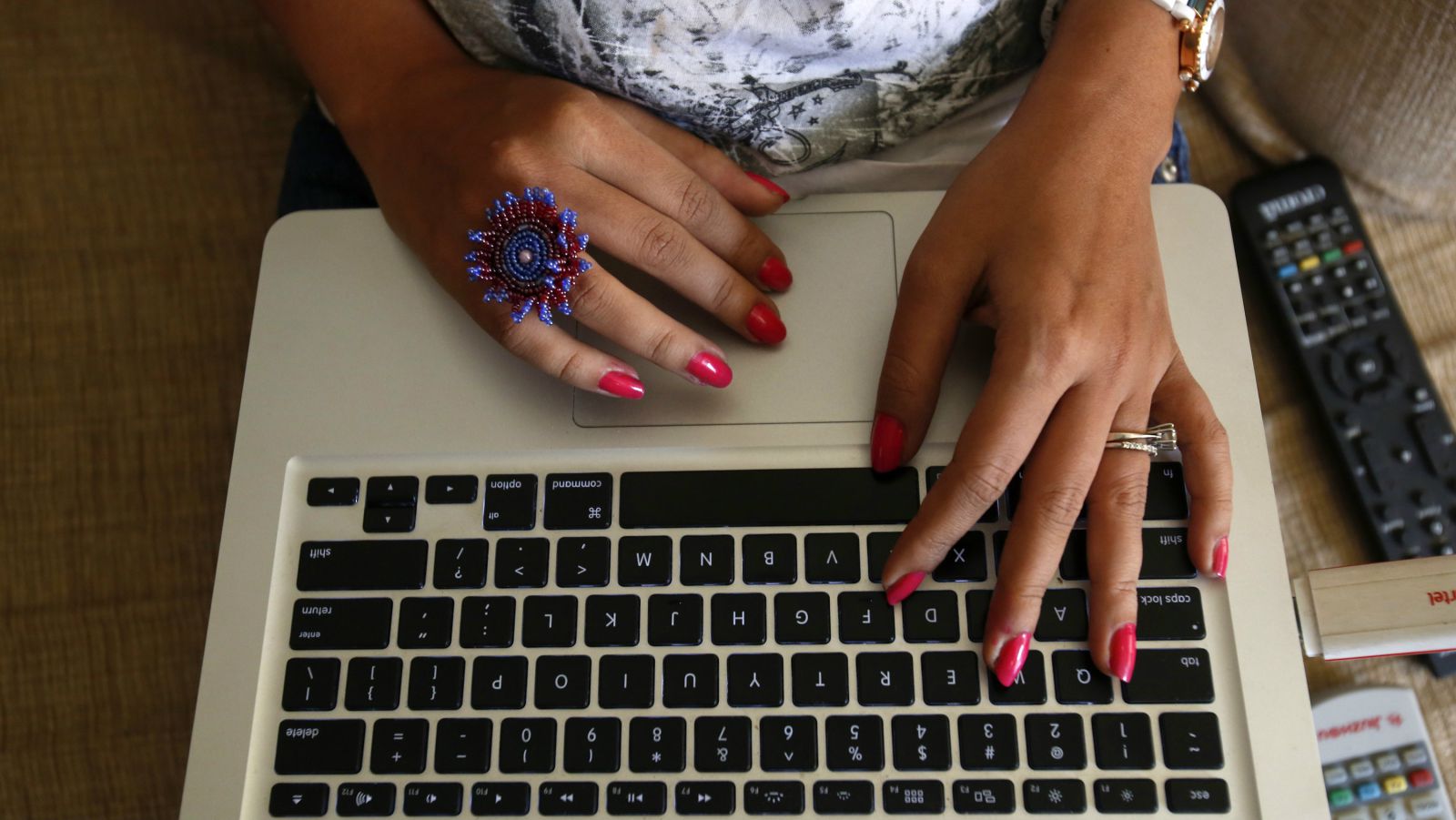April 2 is Equal Pay Day in the United States, marking how far into the year full-time women workers have to work to earn as much as men earned in the previous year. In spite of advocacy, gains in some areas, and the talent and tireless work of many women; the wage gap persists—especially for women from minority and underrepresented groups. To mark the day and the issue, we’ve collected some articles highlighting details in the ongoing fight to close the wage gap and fight for pay equity.
On Equal Pay Day, Let’s Pledge to Value Our Daughters As We Value Our Sons, from The Sacramento Bee—“The wage gap is not just unfair – it’s an economic crisis. In California alone, women lose more than $78.6 billion every year to the wage gap. Imagine how this compounds over a lifetime. [...] It would be easier to claim that this is someone else’s issue to solve, but the research shows that the wage gap is universal and touches all of us. The gap exists across industries, regardless of education levels, and in all types of work.”
Pay Gap Narrowing in Tech, Black Women Most Affected: Study, from Dice—“As attitudes change, so does the tech pro pay gap. Proactivity is key, but Hired’s data hints that women outside of management roles are still unduly punished via their paycheck, something we’ve seen before.”
Jennifer Siebel Newsom Encourages California Businesses to Boost Women’s Pay, from The San Francisco Chronicle—“’Let’s not forget, women are the backbones of their families, their communities and society at large. So when we lift up women, we lift up everyone,’ Siebel Newsom said during a news conference on the steps of the Capitol. ‘But in far too many ways, our society tells women they are not quite as valuable as men.’ [...] Thirteen companies—including Airbnb, Apple, Salesforce and Square—have already committed to Siebel Newsom’s ‘Equal Pay Pledge,’ under which they promise to conduct internal reviews of employee pay and adopt practices to eliminate any gender biases in hiring, promotions and salaries.”
Actually, Women Do Ask for Money. They Just Don’t Get It., from The Cut—“Unlike other studies that have been carried out in this area, the Do Women Ask? researchers had more detailed data that revealed a crucial fact: Women are far more likely than men to work in jobs where salary negotiation isn’t necessarily possible, such as low-skilled hourly wage jobs or part-time roles. Previous studies that reached the ‘women don’t ask’ conclusion often failed to account for certain types of jobs (and industries) being dominated by one gender, focusing instead on the overall number of men or women who’d reported salary negotiations, which—given the number of women who work jobs with ‘non-negotiable’ salaries—skewed their findings. The Do Women Ask? study, on the other hand, found that when comparing men and women who do similar jobs (and jobs where there are genuine opportunities for salary negotiation), women actually ask for raises at the same rates as men.”
Women Dominate OB-GYN Field but Make Less Money Than Male Counterparts, from ScienceDaily—“While women outnumber men as Ob/Gyn practitioners, they still make significantly less money and the pay gap extends to subspecialties like reproductive endocrinology and infertility [...] Payinequity among physicians in well-documented. According to Doximity, an online social network for health care professionals, women doctors make about 27.7 percent less than male physicians or about $105,000.”
Equal Pay Day Highlights a $1 Million Salary Shortfall for Some Women, from CNBC—“Based on today's wage gap, a woman just starting out will lose $406,760 over a 40-year career, according to a new analysis by the National Women's Law Center. [...] For Latina women, the lifetime wage gap totals more than $1 million, and for African-American women, the losses are close: $946,120, the nonprofit advocacy group said.”
Want to receive early-bird invitations to our global events, custom-tailored content we think you'll love, and exclusive access to "The World Women Report"?
Join Us by Subscribing NOW!


